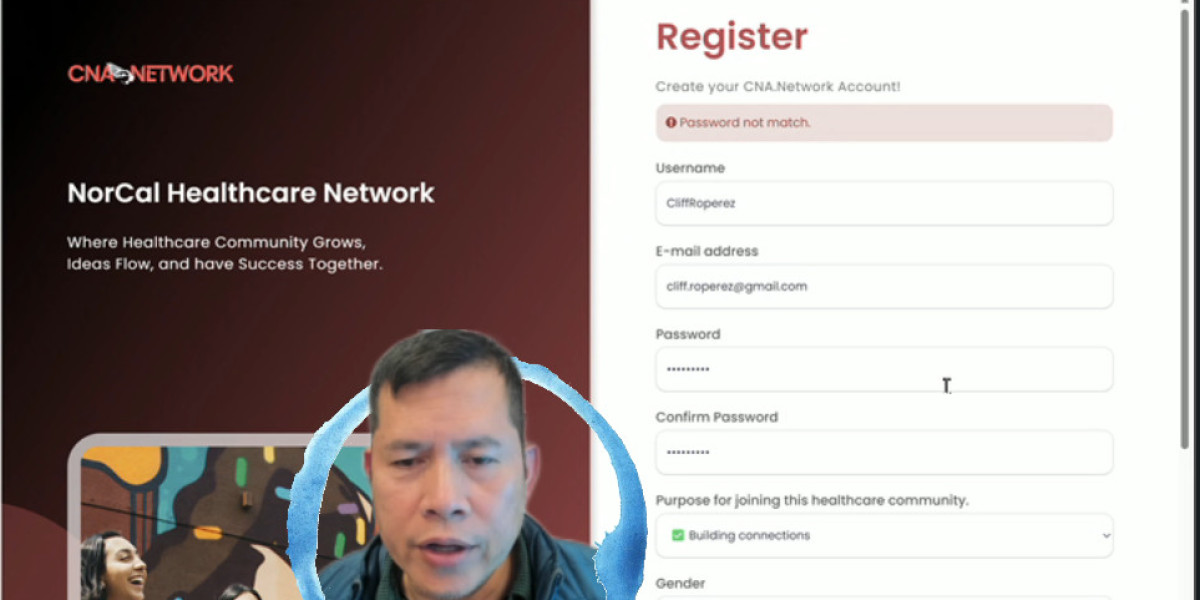Mental Health Assessment for Youth: Understanding the Importance and Process
Mental health is a vital element of overall wellness, especially throughout youth-- a period marked by substantial physical, psychological, and social modifications. As mental health issues amongst young individuals increase, effective assessments end up being important to identifying problems early and facilitating timely intervention. This short article checks out the significance of mental health assessments for youth, typical assessment tools, the process included, and frequently asked questions.

Significance of Mental Health Assessments for Youth
Youth mental health assessments serve several vital purposes:

- Early Detection: Assessments assist recognize mental health issues early, which can cause prompt intervention and support.
- Tailored Interventions: Understanding a youth's particular challenges enables mental health professionals to design customized treatment plans that best match individual needs.
- Support for Parents and Caregivers: Assessments supply valuable insight for families, assisting them comprehend and support their loved ones efficiently.
- Public Health Insights: Aggregated assessment information can offer important insights into broader youth mental health trends, enabling improved public health techniques at neighborhood and nationwide levels.
Table 1 below outlines some of the essential mental health conditions assessed in youth:
| Condition | Description |
|---|---|
| Anxiety Disorders | Disorders characterized by excessive worry or worry. |
| Depression | Persistent feelings of unhappiness and loss of interest in activities. |
| Attention-Deficit/Hyperactivity Disorder (ADHD) | A neurodevelopmental disorder impacting focus, impulsivity, and activity levels. |
| Eating Disorders | Disorders associated with unhealthy eating habits and body image concerns. |
| Substance Abuse Disorders | Disorders defined by harmful patterns of substance use. |
Common Tools for Mental Health Assessment
Several tools are frequently used to examine the mental health of youth:
1. Clinical Interviews
Mental health professionals conduct structured or semi-structured interviews to gather comprehensive info about the youth's mental health, family history, and social scenarios.
2. Standardized Questionnaires
These are self-report or parent-report tools that offer quantifiable information about the youth's psychological and behavioral problems. Typical questionnaires include:
- Beck Depression Inventory (BDI): Measures the intensity of depression.
- Generalized Anxiety Disorder 7-item scale (GAD-7): Assesses anxiety seriousness.
- Kid Behavior Checklist (CBCL): Evaluates behavioral and psychological functioning.
3. Behavioral Observations
Specialists might observe youth in various settings (school, home) to assess their behavior in real-life circumstances, therefore gaining a much deeper understanding of their mental wellness.
4. Neuropsychological Testing
In many cases, cognitive screening may be conducted to assess areas such as memory, attention, and executive function, particularly when disorders like ADHD are believed.
The Assessment Process
The mental health assessment process for youth usually includes a number of crucial actions:
Step 1: Referral
Youth might be referred for assessment by moms and dads, teachers, or doctor when concerning habits or emotional states occur.
Action 2: Initial Consultation
Throughout the initial assessment, a mental health professional talks about the concerns, gathers background information, and explains the assessment process to both the youth and their caretakers.
Action 3: Administration of Assessment Tools
The suitable assessment tools are administered based on the information collected throughout the consultation.
Step 4: Analysis and Interpretation
The mental health professional evaluates the outcomes, incorporating data from interviews, questionnaires, and observations.
Step 5: Feedback and Recommendations
The expert shares the findings with the youth and their caretakers, supplying suggestions for intervention, treatment, or extra support as required.
Action 6: Follow-Up
Continuous monitoring and follow-up assessments might be advised to track development and adjust treatment plans.
Frequently asked questions
Q1: Why is mental health assessment essential for youth?
Mental health assessment is essential for early detection of problems, which permits for prompt interventions, tailored support, and improved outcomes for youth.
Q2: How can parents determine when their child needs a mental health assessment?
Parents ought to look for consistent modifications in behavior, state of mind swings, social withdrawal, academic decline, or extreme modifications in eating and sleeping patterns.
Q3: How long does a mental health assessment take?
The period can differ; nevertheless, assessments normally take between 1 to 3 hours, depending upon the tools utilized and the intricacy of the case.
Q4: Are mental health assessments private?
Yes, mental health assessments are normally private, although there may be exceptions in cases of risks to safety or abuse.
Q5: What can parents do to prepare their child for an assessment?
Moms and dads can assist by explaining the assessment process in an age-appropriate method, encouraging openness, and assuring their child that the assessment is a supportive measure.
Mental health assessments are a vital tool in promoting the wellness of youth. Through early detection, tailored interventions, and comprehensive evaluations, these assessments equip mental health experts, families, and neighborhoods to better support young people facing mental health Assessment for youth health challenges. By focusing on mental health assessments, society can take definitive actions toward cultivating a much healthier, more durable generation.








